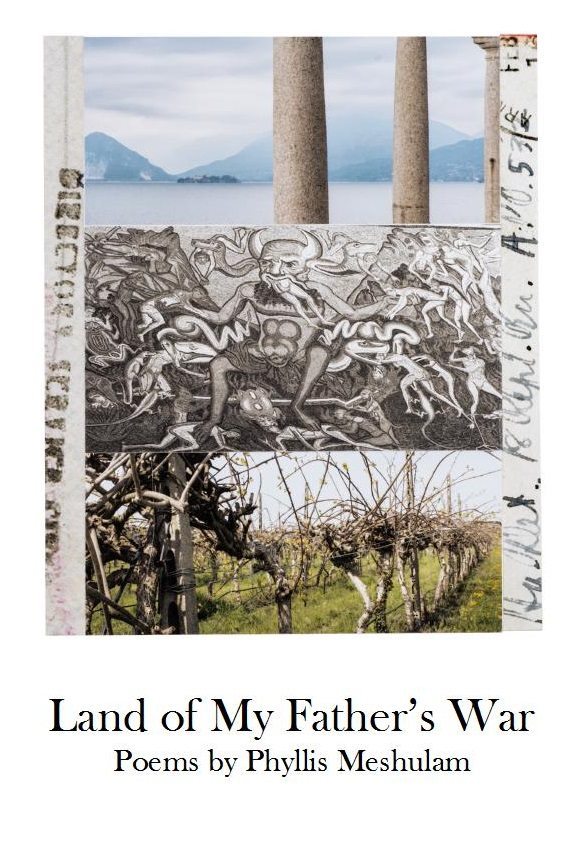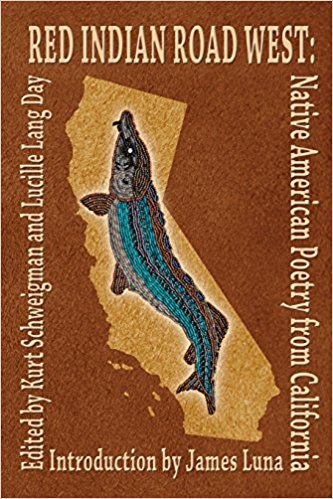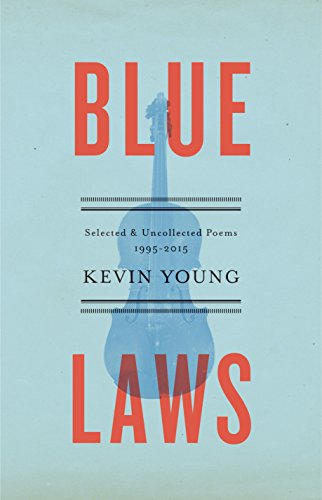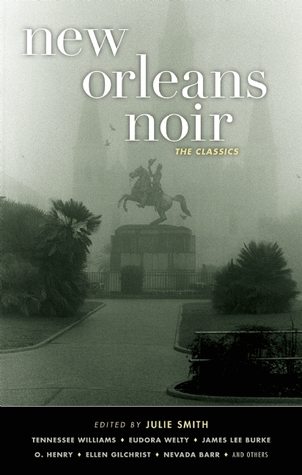Land of My Father’s War

$19.00
Life, as is often said, is a journey. In the case of Phyllis Meshulam, her life, and that of her parents, is a journey that deserves exploration through the means of poetry, mostly free verse, some blank verse, with a couple of prose poems. The first section in the book, with the same name as the book, might be called Before and After. It explores both the early days of Meshulam’s parents’ marriage and the very late days. It opens with a wistful view of the time the father was gone to war through the poet’s sister’s eyes and how that time of families essentially made up of women was so special, and ends many years later when the sad passing of her father is expressed so succinctly through buying two tubes of toothpaste and how “By the time the second tube / was empty, he, too / was / gone.”
Meshulam’s parents were apart for an extended period when her father was drafted as an Army infantryman, but they had a regular correspondence which was preserved. Lines from those letters make up some dialogue poems in the section called “War Letters” and give the reader a sense of the depth of the relationship developing between the parents during the early part of their marriage while this difficult separation took place. Some lines such as, “Your letters, like my heart-beats, come fast but irregularly / and are as necessary to my survival as my heart,” spotlight a familial propensity toward poetic language. The poem “Wartime Wedding,” which opens the section, exemplifies the wonderful, specific descriptive language found throughout the collection: “in a town / of eight hundred girdled by cornfields. / Spoke their I do’s / in her family’s funeral parlor / to the ravings of Miss Bertha’s violin.” Later, similar deft language with wonderful alliteration takes readers to a time beyond the death of her parents: “You have become / bits of burned bone saved / like spice in jars, / then buried / at the forked tree — / second oak / past the third bridge / near the blue bird box.” While Italy is the heart-place of the book, other places of Meshulam’s travels appear for the readers through her words in a section called “Mustard Fields and Other Lands.” “Chomping sheep / and wooly trees pay me no heed,” take readers to Wales with the author. Perhaps the most moving poem in this section is “Magritte’s ‘The Central Story’ on Mother’s Day,” one inspired by a painting by Rene Magritte. While the painting is surreal, the poem is not. It is very specific and emotional and surely was as inspired by the loss of Meshulam’s own parents as the death of Magritte’s mother. Many of the poems seem to be a self-examination of Meshulam, the poet — “reaching back and back / through parallel mirrors.”
This collection will touch any who read it and may well cause a good deal of self-reflection, as well.
| Author | |
|---|---|
| Star Count | 4.5/5 |
| Format | Trade |
| Page Count | 100 pages |
| Publisher | Cherry Grove Collections |
| Publish Date | 2017-Jul-12 |
| ISBN | 9781625492371 |
| Bookshop.org | Buy this Book |
| Issue | October 2017 |
| Category | Poetry & Short Stories |
| Share |







David –
A beautiful tribute to a family, and the love that held it together